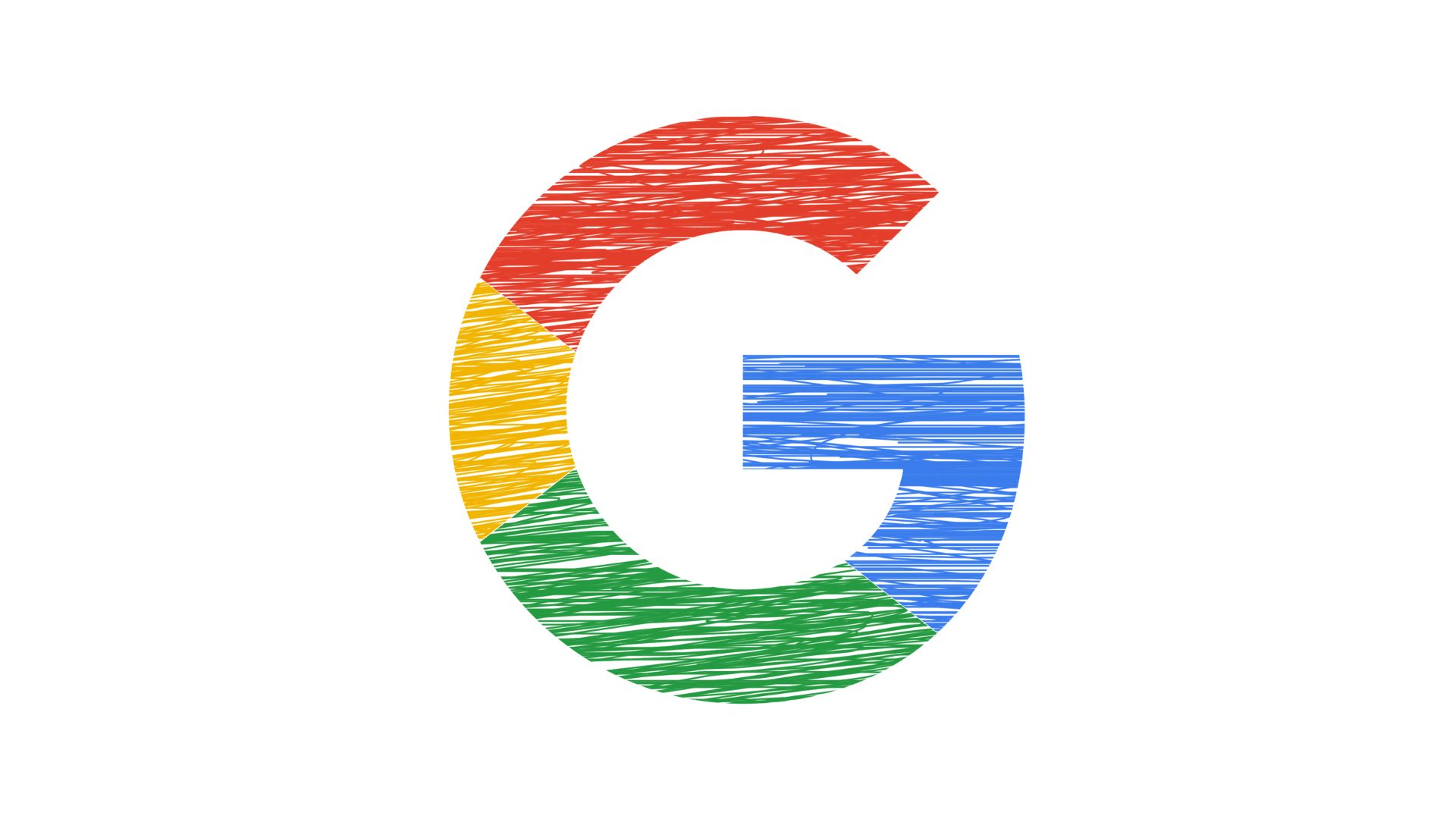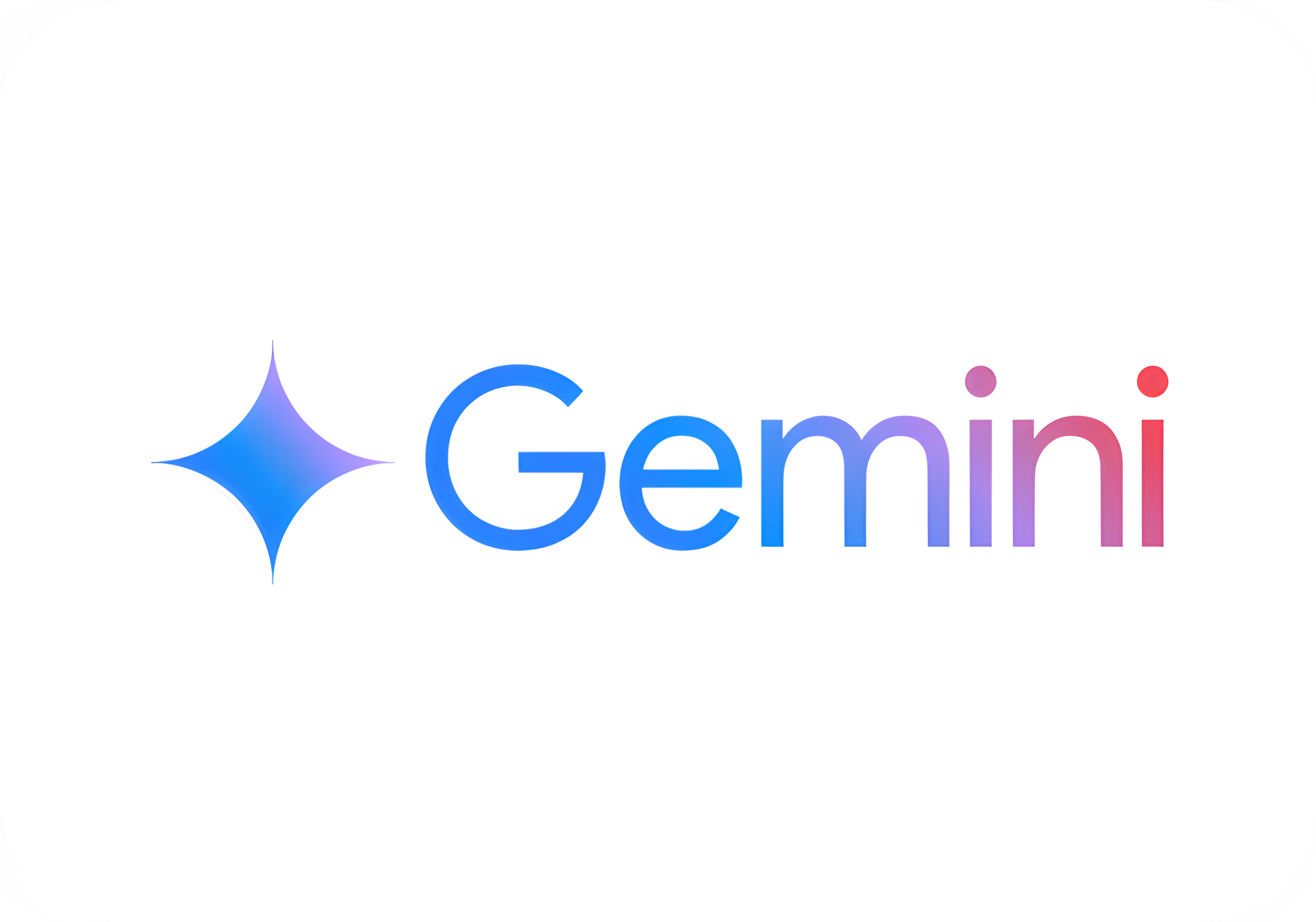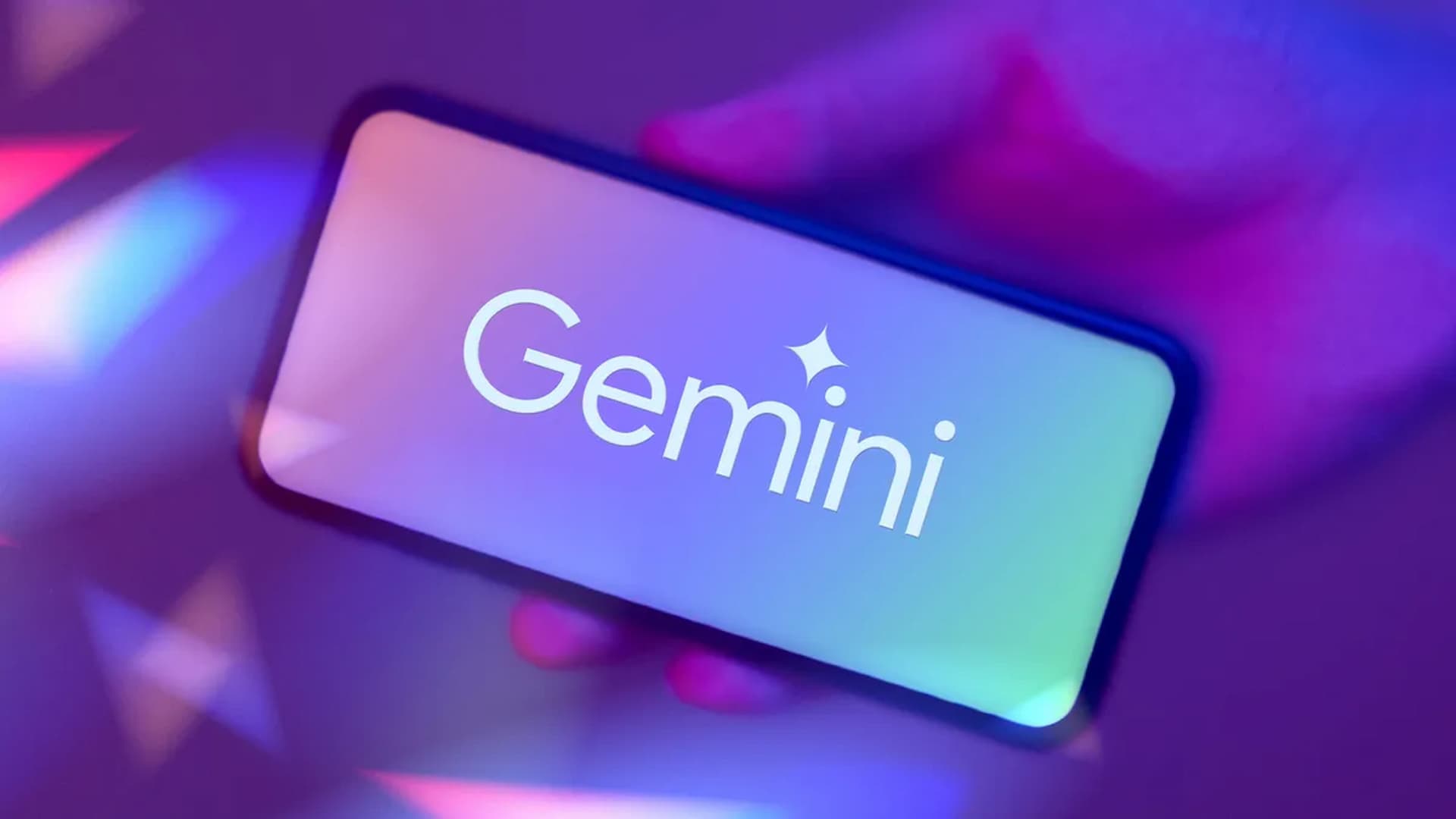Google will begin requiring identity verification for Android developers distributing apps outside the Play Store.
Starting in September 2026, developers in Brazil, Indonesia, Singapore and Thailand must provide legal name, address, email, phone number and possibly government-issued ID for apps to install on certified Android devices.
The requirement will expand globally starting in 2027. While existing Play Store developers are already verified, all sideloaded apps will now require developer verification to target select Android users.
Google is building a separate Android Developer Console for sideloading developers and is offering a lighter-touch, free verification option for student and hobbyist creators to protect innovation while boosting accountability.
The change aims to reduce malware distribution from anonymous developers and repeat offenders, while preserving the openness of Android by allowing sideloading and third-party stores.
Developers can opt into early access programmes beginning October 2025 to provide feedback and prepare for full rollout.
Would you like to learn more about AI, tech and digital diplomacy? If so, ask our Diplo chatbot!









